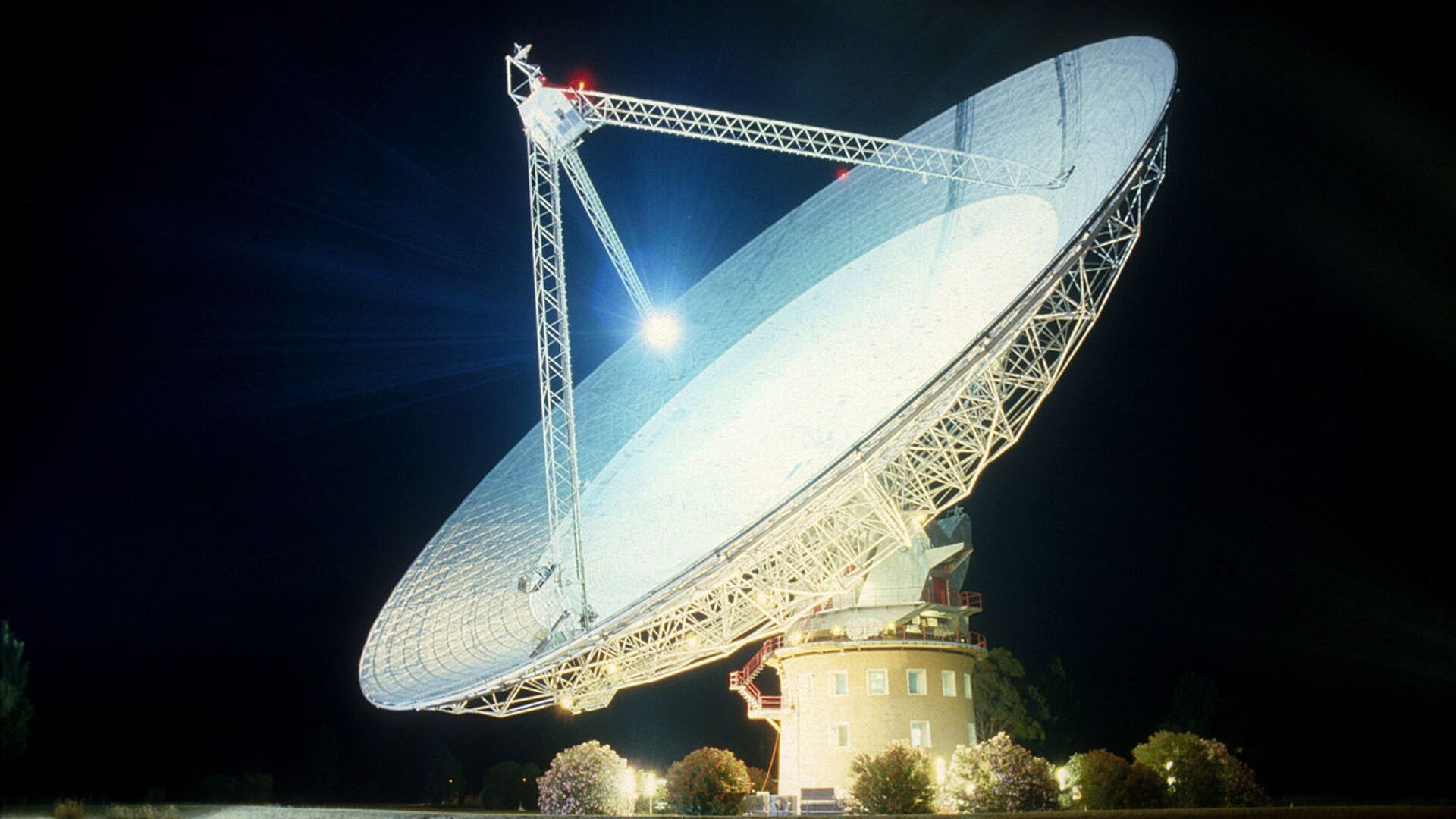https://sputnikglobe.com/20230831/worlds-top-telescopes-shut-down-for-month-over-cybersec--1113023327.html
World’s Top Telescopes Shut Down For Month Over CyberSec
World’s Top Telescopes Shut Down For Month Over CyberSec
Sputnik International
Scientific facilities are sometimes targeted by hackers who seek to obtain financial information, personal files or classified data.
2023-08-31T19:05+0000
2023-08-31T19:05+0000
2023-08-31T19:05+0000
beyond politics
very large telescope
nasa
astronomers
deep space
https://cdn1.img.sputnikglobe.com/img/07e5/03/17/1082426845_0:70:1281:790_1920x0_80_0_0_5c289853dc5a1f6a5c6fc8c6ede74b71.jpg
According to American media, some of the US' most powerful telescopes have been disabled since August 1 due to suspicious cyber-activity in their systems. The telescopes in question are the Gemini North telescope in Hawaii and the Gemini South telescope in Chile, as well as a number of minor telescopes.While it may sound an insignificant issue, the scientific community is furious and has stressed that each day of inaction means gigabytes of lost data. Speaking about celestial bodies, it is necessary to observe them at exact times or specific conditions, so the shutdown virtually ruins a number of astronomical research projects.One may wonder, who on Earth would want to hack the telescopes. Perpetrators of cybercrimes are usually hardly interested in astronomy, yet the telescopes are connected to a broader academic network and alleged hackers can use them to infiltrate these systems in order to extort money from the facilities or to obtain some sensitive data that can be used in scam schemes.Cyber-attacks on astronomical facilities are rare but not unheard of. Experts allege that sometimes the scoundrels may not even realize that they are infiltrating observatory networks. In October 2022, hackers black-outed Atacama Large Millimeter Array Observatory in Chile for a month and each day of inaction cost roughly US$250,000. Even NASA is prone to cyber-attacks – several years ago hackers broke into the Deep Space Network and stole data from the Mars missions.
https://sputnikglobe.com/20230806/greatest-eurasia-solar-telescope-construction-begins-in-russia-1112429061.html
https://sputnikglobe.com/20230804/photos-webb-space-telescope-reveals-new-images-of-ring-nebula-1112400130.html
Sputnik International
feedback@sputniknews.com
+74956456601
MIA „Rossiya Segodnya“
2023
News
en_EN
Sputnik International
feedback@sputniknews.com
+74956456601
MIA „Rossiya Segodnya“
Sputnik International
feedback@sputniknews.com
+74956456601
MIA „Rossiya Segodnya“
science, space, nasa, cybersecurity, hackers, telescopes, telescopes hacked
science, space, nasa, cybersecurity, hackers, telescopes, telescopes hacked
World’s Top Telescopes Shut Down For Month Over CyberSec
Scientific facilities are sometimes targeted by hackers who seek to obtain financial information, personal files or classified data.
According to American media, some of the US' most powerful telescopes have been disabled since August 1 due to suspicious cyber-activity in their systems.
The telescopes in question are the Gemini North telescope in Hawaii and the Gemini South telescope in Chile, as well as a number of minor telescopes.
While it may sound an insignificant issue, the scientific community is furious and has stressed that each day of inaction means gigabytes of lost data. Speaking about celestial bodies, it is
necessary to observe them at exact times or specific conditions, so the shutdown virtually ruins a number of astronomical research projects.
One may wonder, who on Earth would want to hack the telescopes. Perpetrators of cybercrimes are usually hardly interested in astronomy, yet the telescopes are connected to a broader academic network and alleged hackers can use them to infiltrate these systems in order to extort money from the facilities or to obtain some sensitive data that can be used in scam schemes.
Cyber-attacks on astronomical facilities are rare but not unheard of. Experts allege that sometimes the scoundrels may not even realize that they are
infiltrating observatory networks. In October 2022, hackers black-outed Atacama Large Millimeter Array Observatory in Chile for a month and each day of inaction cost roughly US$250,000. Even NASA is prone to cyber-attacks – several years ago hackers broke into the Deep Space Network and stole data from the Mars missions.




